
WEAI Economic Inquiry
@inquiryweai
Western Economic Association International's Economic Inquiry.
ID: 999119843675652096
https://weai.org/journals/view/EI 23-05-2018 02:48:28
647 Tweet
667 Followers
231 Following

What impact does framing have on leading-by-example? Michalis Drouvelis and Edward Cartwright use a 2 × 2 experiment design to find that contributions are strongly related to beliefs but framing effects remain once beliefs are controlled for. tinyurl.com/2w2f6p2m Wiley Economics


Economic Inquiry's October 2024 Issue is now available online! This issue covers a variety of subjects, ranging from lab experiments on preferences to drinking habits during the pandemic. Read more here: tinyurl.com/2t6b2nj8 Wiley Economics #econtwitter

What impact does loss aversion have on player behavior in a winner-takes-all contest? To answer this, these authors introduce reference-dependent preferences to the Tullock contest! tinyurl.com/483jezmz Wiley Economics #econtwitter


Under many pension schemes, optimal purchasing of pooled contracts are prevented by borrowing constraints. To mitigate this, this author finds a mandated pooled annuity targeting the middle-aged may be welfare improving! tinyurl.com/2p54bard Wiley Economics #EconTwitter


What is the relationship between emotion and confirmation bias in politics? This paper finds negative emotions can help counteract confirmation bias! tinyurl.com/bdhv6byy Wiley Economics #econtwitter
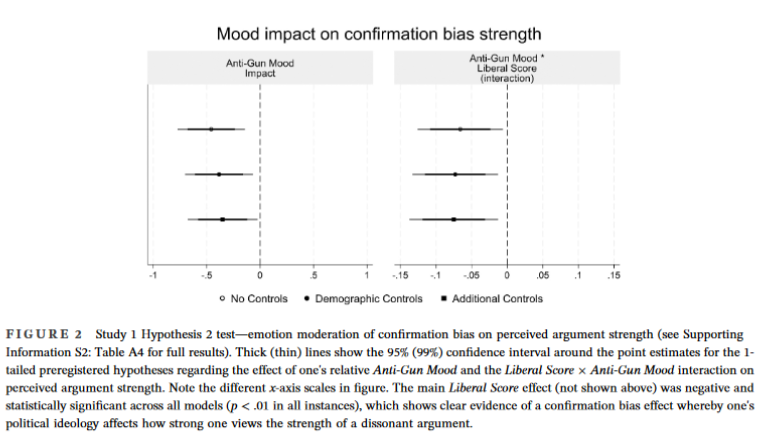

"Favoritism under multiple sources of social pressure" OUT WEAI Economic Inquiry onlinelibrary.wiley.com/doi/10.1111/ec… When social pressure leads to favoritism, policies aim to reduce the bias by affecting its source. We show that multiple sources may be present and telling them apart is important.1/3

Who is really hurt by boycotts? Boycotts often hurt companies that work with foreign manufacturers as well as their direct target! This paper provides evidence for this in the Japan-China automobile supply chain. tinyurl.com/3pty58bx Wiley Economics #econtwitter
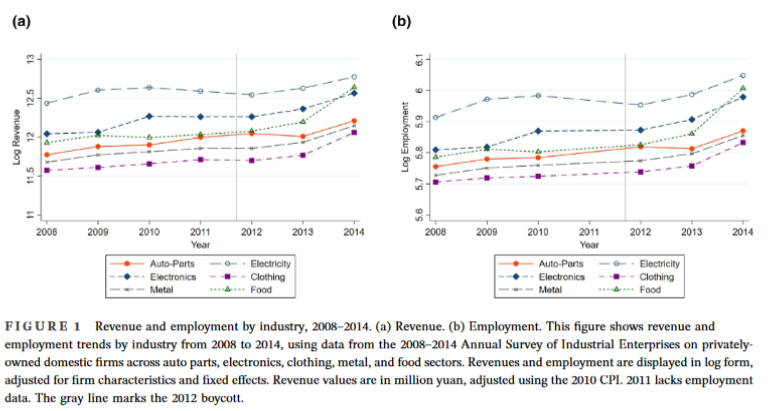

Monetary policy expectations drive economic decisions, but accuracy matters. When expectations align with future policy, markets stabilize. When they don't, volatility increases! #EconTwitter Wiley Economics tinyurl.com/334wektv
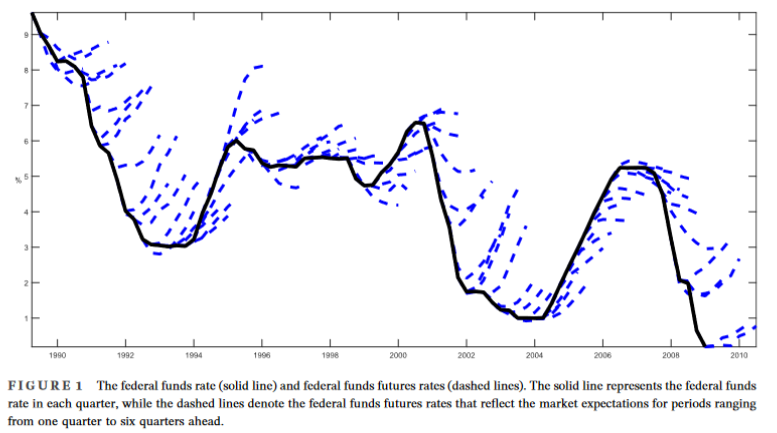

Automatic enrollment IRA policies increase the chance of firms offering employer-sponsored retirement plans by 7%! Learn more from this paper by @SitaSlavov here: tinyurl.com/mph535kk Wiley Economics #EconTwitter
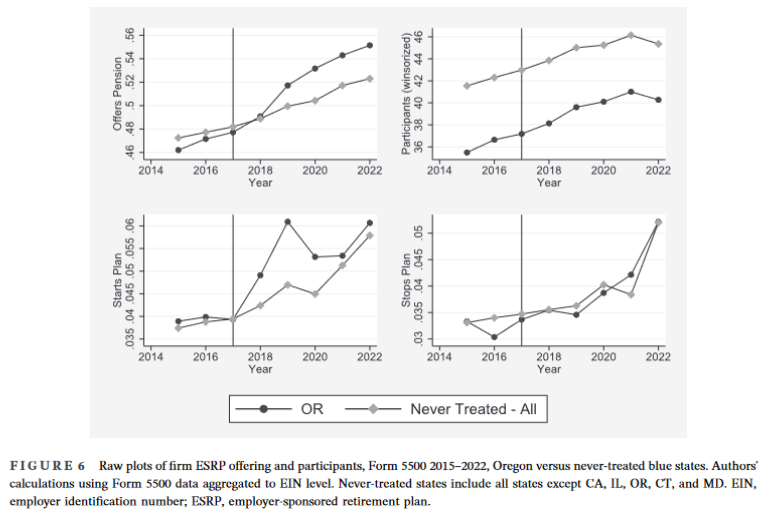

The effect of new information on betting odds results in initial inertia followed by a lagged reaction! Kai Fischer and W. Benedikt Schmal show this following the absence announcements of soccer players. tinyurl.com/5acv62bj Wiley Economics #EconTwitter
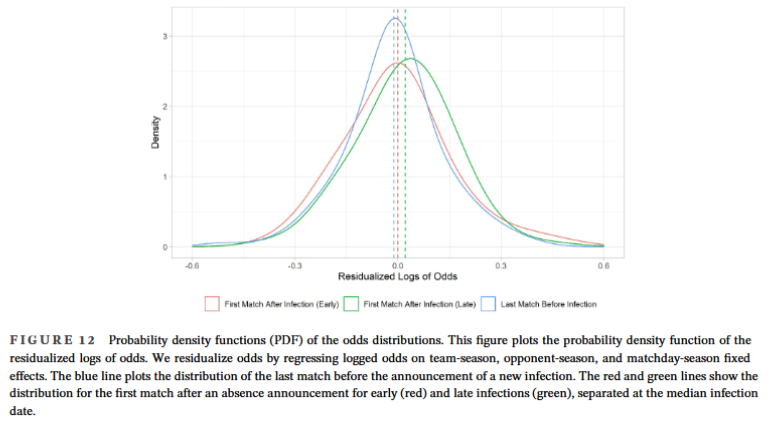

Are price-match guarantees price discrimination? These authors find the price of the policy-adopting retailer increases during the policy validity period. These results indicate PMGs act as price discrimination or signaling tools! tinyurl.com/yc4r42cy Wiley Economics
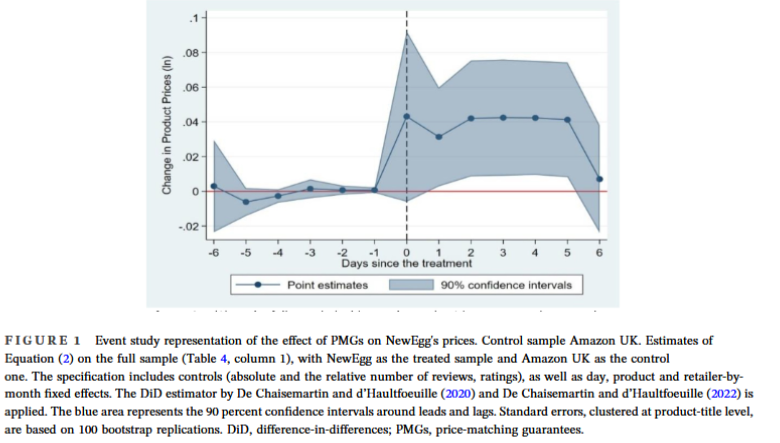

This paper shows computational speed gains in replicating Eaton, Kortum, and Kramarz's(EKK) 2011 paper with a GPU. This method is then applied to Chinese manufacturing data. EKK's results are corroborated by these findings! tinyurl.com/ycxyc8cc Wiley Economics
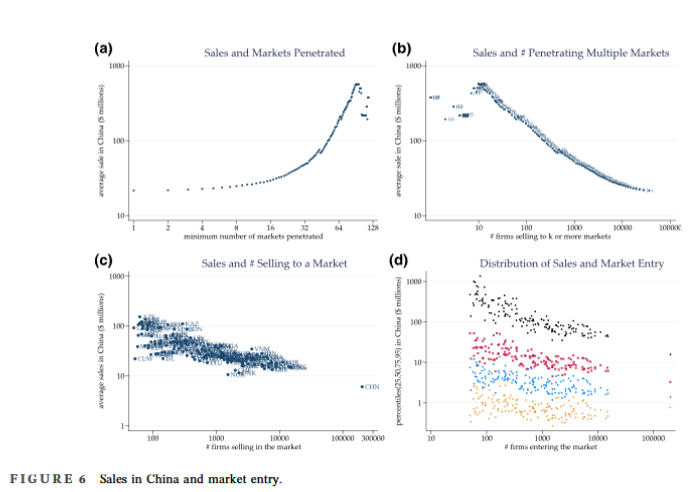

Does it matter if a leader is pro-social, or just claims to be? This Experiment shows that leaders claiming to be pro-social boosts efficiency even if that claim is false! tinyurl.com/2p9fmd66 Wiley Economics #EconTwitter Edward Cartwright
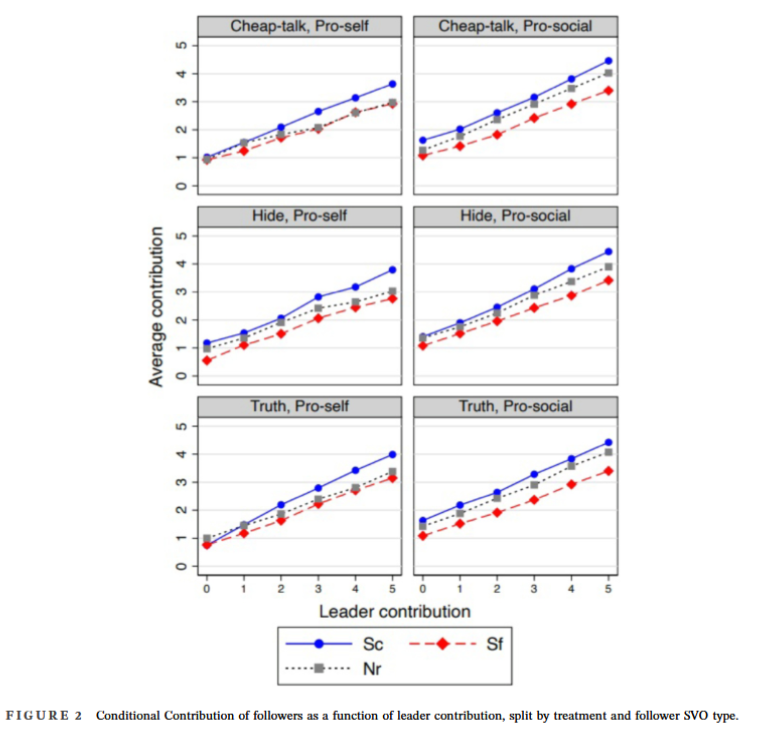

Economic research may be becoming more specialized! Ramiro Gálvez and Sebastian Galiani use natural language processing to show theory papers' citations are growing more narrow in scope, while applied papers show an opposite trend: tinyurl.com/4bzntr5y Wiley Economics
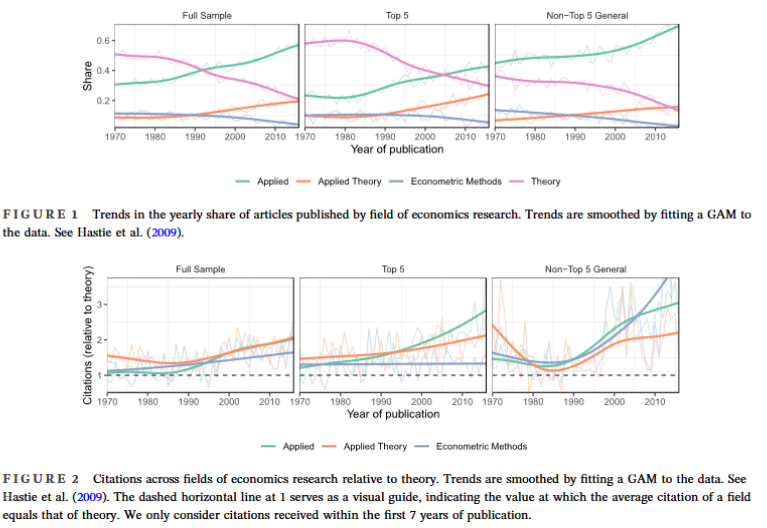

What role do underground economies play in fiscal consolidation policies? These authors explore this question through a DSGE model allowing for reallocation between a formal and informal sector! tinyurl.com/mw9ru6ee Wiley Economics #econtwitter


What does optimal immigration policy look like? This paper studies this question with a model of native preferences over redistributive transfers, a public good subject to congestion, and over the level of family-based migration! tinyurl.com/m56bb5pz Wiley Economics


